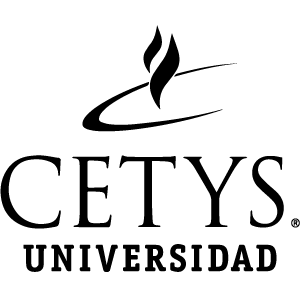https://repositorio.cetys.mx/handle/60000/1736| Campo DC | Valor | Lengua/Idioma |
|---|---|---|
| dc.contributor.author | López-Leyva, Josué Aarón | - |
| dc.contributor.author | Valadez-García, Alfredo | - |
| dc.contributor.author | Ponce Camacho, Miguel Ángel | - |
| dc.contributor.author | Ramos-García, Víctor Manuel | - |
| dc.contributor.author | Ibarra-Yepiz, Gabriela | - |
| dc.coverage.spatial | Berlin, Germany | es_ES |
| dc.date.accessioned | 2024-02-20T19:23:53Z | - |
| dc.date.available | 2024-02-20T19:23:53Z | - |
| dc.date.issued | 2022-08 | - |
| dc.identifier.citation | J. A. López-Leyva, A. Valadez-García, M. Á. Ponce-Camacho, V. M. Ramos-García and G. Ibarra-Yepiz, "Virtual and Hybrid Classes as The Challenge Assumed During The SARS-CoV-2 Pandemic: An Interdisciplinary Qualitative Approach," 2022 IEEE German Education Conference (GeCon), Berlin, Germany, 2022, pp. 1-6, doi: 10.1109/GeCon55699.2022.9942737. keywords: {Technological innovation;Pandemics;Ergonomics;Educational technology;Market research;Coronaviruses;Interdisciplinary;hybrid classes;virtual classes;SARS-CoV-2 pandemic}, | es_ES |
| dc.identifier.uri | https://repositorio.cetys.mx/handle/60000/1736 | - |
| dc.description.abstract | The SARS-CoV-2 pandemic forced educational institutions worldwide to deploy virtual and hybrid classes as a unique option to continue with the teaching-learning process. However, these modalities imply important efforts on the part of teachers, students, and administrative staff to ensure the teaching-learning process quality. Considering the above, this research work carries out a qualitative interdisciplinary analysis using the focus group technique intending to determine the perceptions, challenges, trends, and trade-offs of the virtual and hybrid modalities during and after the SARS-CoV-2 pandemic. Our analysis involves various disciplines (e.g., pedagogical and andragogical, social-economic, ergonomic, educational technology, and product & service innovation perspectives). As a result, some particular findings of each perspective are shown. The results of this research work can help the body of technical knowledge related to the curricula design at different educational levels to increase the efficiency of hybrid and virtual classes. Finally, this research work has some limitations, therefore the findings presented are suggestive rather than definitive. | es_ES |
| dc.language.iso | en_US | es_ES |
| dc.rights | Atribución-NoComercial-CompartirIgual 2.5 México | * |
| dc.rights.uri | http://creativecommons.org/licenses/by-nc-sa/2.5/mx/ | * |
| dc.subject | Technological innovation | es_ES |
| dc.subject | Pandemic | es_ES |
| dc.subject | Ergonomic | es_ES |
| dc.subject | Educational technology | es_ES |
| dc.subject | Market research | es_ES |
| dc.subject | Coronaviruses | es_ES |
| dc.title | Virtual and hybrid classes as the challenge assumed during the SARS-CoV-2 pandemic: an interdisciplinary qualitative approach | es_ES |
| dc.type | Presentation | es_ES |
| dc.description.url | https://ieeexplore.ieee.org/document/9942737/keywords#keywords | es_ES |
| dc.identifier.doi | https://doi.org/10.1109/GeCon55699.2022.9942737 | - |
| dc.subject.sede | Campus Tijuana | es_ES |
| Aparece en las colecciones: | Ponencias | |
Este ítem está protegido por copyright original |
Este ítem está sujeto a una licencia Creative Commons Licencia Creative Commons


